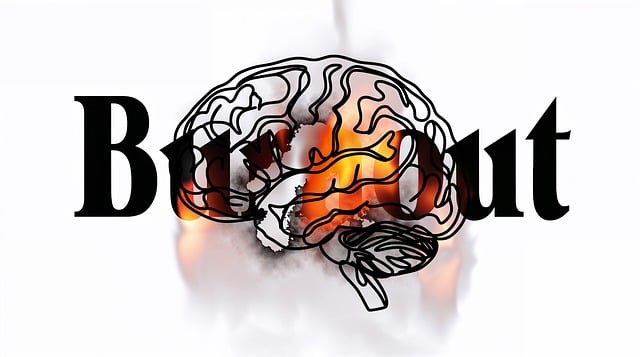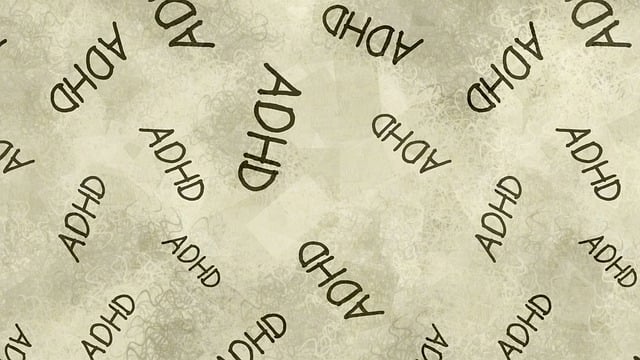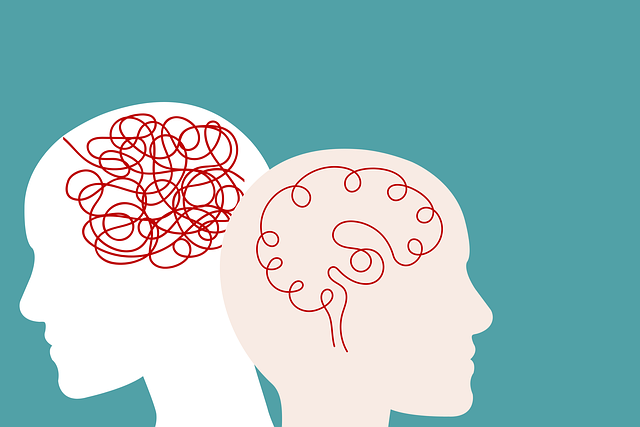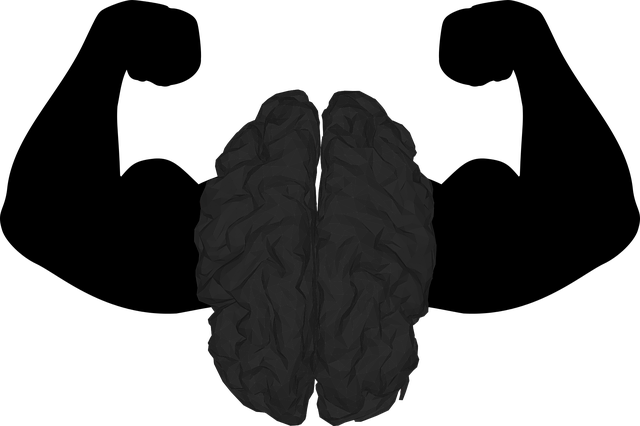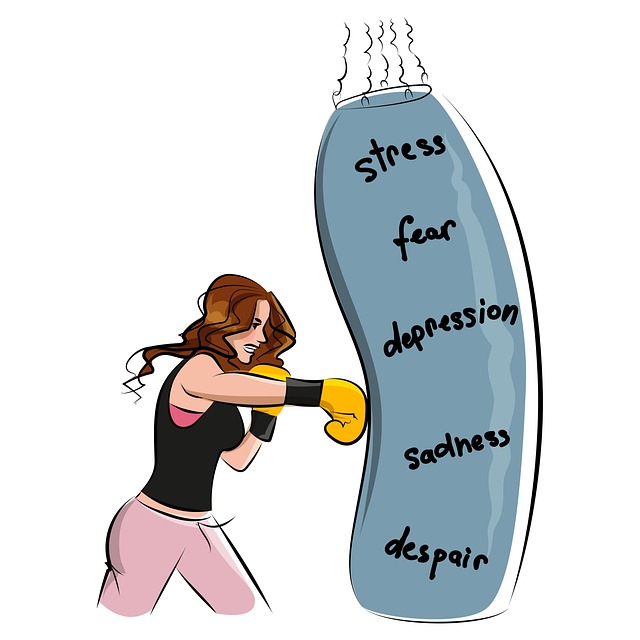Mental health disorders manifest differently across age groups, requiring tailored strategies. For children, conditions like anxiety, depression, and ADHD are common, with genetic, brain development, or environmental factors at play. Therapy approaches include play therapy, CBT, and family therapy. As individuals age, dementia, depression, and bipolar disorder become more prevalent, necessitating geriatric-specific care that considers physical health, medication interactions, and cognitive changes. Cultural sensitivity is crucial as ethnic backgrounds shape perceptions of mental illness. Community outreach programs enhance access to services for all age groups, with a focus on Therapy for Children and Geriatrics. Effective diagnosis in children involves parental observation, specialized assessments, and evidence-based therapies like CBT. Geriatric care addresses complex co-morbidities, cognitive changes, and social factors, adapting CBT for age-specific issues. A robust support network, including therapists, educators, and family members, is vital for recovery. Cultural competency training ensures inclusive care. Caregivers act as advocates, navigating services and promoting positive outcomes through education and risk assessment.
Mental illness diagnosis and treatment navigation can be complex, especially across diverse age groups. This article provides an in-depth guide, addressing critical aspects of mental health support. We explore understanding mental health disorders among children and geriatrics, navigating the diagnostic process with early intervention strategies, and tailoring therapy options for seniors. Additionally, we discuss building supportive networks and offer a comprehensive resource guide for caregivers, emphasizing the importance of accessible treatment for all ages.
- Understanding Mental Health Disorders Across Age Groups
- Navigating the Diagnostic Process: Early Intervention for Children
- Therapy Options for Geriatrics: Tailoring Treatments
- Building a Supportive Network for Effective Recovery
- Accessing Resources: A Comprehensive Guide for Caregivers
Understanding Mental Health Disorders Across Age Groups

Mental health disorders manifest differently across various age groups, requiring tailored approaches for effective management and treatment. For children, conditions like anxiety, depression, and attention-deficit/hyperactivity disorder (ADHD) are common, often stemming from genetic predisposition, brain development, or environmental factors. Therapy for children typically involves play therapy, cognitive-behavioral therapy (CBT), and family therapy to address individual needs while involving caregivers in the process.
As individuals age, mental health issues such as dementia, depression, and bipolar disorder become more prevalent. Geriatrics require a nuanced approach that considers physical health, medication interactions, and cognitive changes. Mood management techniques, including medication and psychotherapy, are adapted to suit older adults’ unique needs. Cultural sensitivity in mental healthcare practice is essential, recognizing that ethnic and cultural backgrounds influence perceptions of mental illness and treatment preferences. Community outreach program implementation can enhance access to services, foster support networks, and promote early intervention and recovery for all age groups.
Navigating the Diagnostic Process: Early Intervention for Children

Navigating the diagnostic process for mental illness in children is a delicate and crucial step. Early intervention plays a pivotal role in a child’s long-term mental wellness. The journey often begins with parents or caregivers noticing subtle changes in behavior, mood swings, or challenges in daily functioning. This observation prompts them to seek professional help, which can be life-changing for the child. Psychologists, psychiatrists, and other mental health professionals employ various assessment tools and techniques tailored to children’s unique needs. These assessments may include interviews, questionnaires, observations, and play therapy sessions designed to uncover underlying issues affecting a child’s emotional and behavioral well-being.
Effective diagnosis is further enhanced by incorporating evidence-based practices like cognitive-behavioral therapy (CBT), which has proven successful in treating various childhood mental health disorders. CBT helps children develop coping strategies for managing stress, anxiety, or depression, fostering better emotional regulation. Additionally, organizations dedicated to mental wellness production, such as podcasts and workshops, offer valuable resources for parents and educators, providing empathy-building strategies and stress management techniques essential for supporting young minds.
Therapy Options for Geriatrics: Tailoring Treatments

In the context of mental health care, tailoring treatment plans to meet the unique needs of geriatrics is paramount. Unlike therapy for children or adolescents, geriatric mental health considerations often involve addressing complex co-morbidities, cognitive changes associated with aging, and social factors that can impact older adults’ well-being. Effective therapy for this demographic requires a nuanced approach. For instance, cognitive behavioural therapy (CBT) can be adapted to focus on age-specific concerns like managing chronic pain or coping with the loss of loved ones, fostering resilience in the face of these challenges.
Additionally, burnout prevention strategies for healthcare providers are crucial when treating geriatrics. Crisis intervention guidance and resilience-building techniques play a vital role in supporting both patients and caregivers. Tailoring therapy to account for age-related differences ensures that interventions are not only effective but also considerate of the specific strengths and vulnerabilities inherent in this population, ultimately enhancing treatment outcomes.
Building a Supportive Network for Effective Recovery

Building a supportive network is an integral part of effective recovery for individuals facing mental illness. This includes not just professional support but also fostering strong social connections within communities, schools, and families. For children and geriatrics, who often require specialized therapy, this network becomes even more critical. A multidisciplinary approach, involving therapists tailored to age groups, educators, and family members, can significantly enhance treatment outcomes.
Cultural competency training for healthcare providers plays a pivotal role in creating an inclusive environment. By incorporating cultural sensitivity in mental healthcare practice, professionals can better understand and address the unique needs of diverse populations. This, coupled with effective communication and conflict resolution techniques, ensures that everyone involved in the support network works harmoniously towards recovery goals. Such a collaborative effort not only facilitates access to quality care but also promotes a sense of belonging and understanding for those navigating mental illness.
Accessing Resources: A Comprehensive Guide for Caregivers

Accessing appropriate resources is a cornerstone for effective mental illness diagnosis and treatment navigation. Caregivers play a pivotal role in this process by serving as advocates and guides for their loved ones, be it children or geriatrics. A comprehensive guide can help them navigate the intricate landscape of mental health services. This includes identifying qualified therapists specializing in age-specific therapy for children and geriatrics, exploring diverse treatment modalities, and understanding the importance of ongoing support.
Caregivers should also familiarize themselves with Mental Health Education Programs designed to enhance coping skills development among both young and old. Additionally, a thorough Risk Assessment for Mental Health Professionals can ensure that those involved in care are equipped to handle complex cases effectively. By combining these strategies, caregivers can create a robust support system that facilitates informed decision-making and promotes positive outcomes in the mental health journey of their loved ones.
Mental illness diagnosis and treatment can be complex, but with the right navigation assistance, individuals across all age groups can find effective support. From understanding specific disorders in children and seniors to accessing comprehensive resources, each stage of recovery is manageable. Early intervention for youth, tailored therapy options for geriatrics, building supportive networks, and leveraging caregiver guides all play vital roles in fostering positive mental health outcomes. By embracing these strategies, we can ensure that everyone receives the care they need, revolutionizing the way we approach mental wellness.

